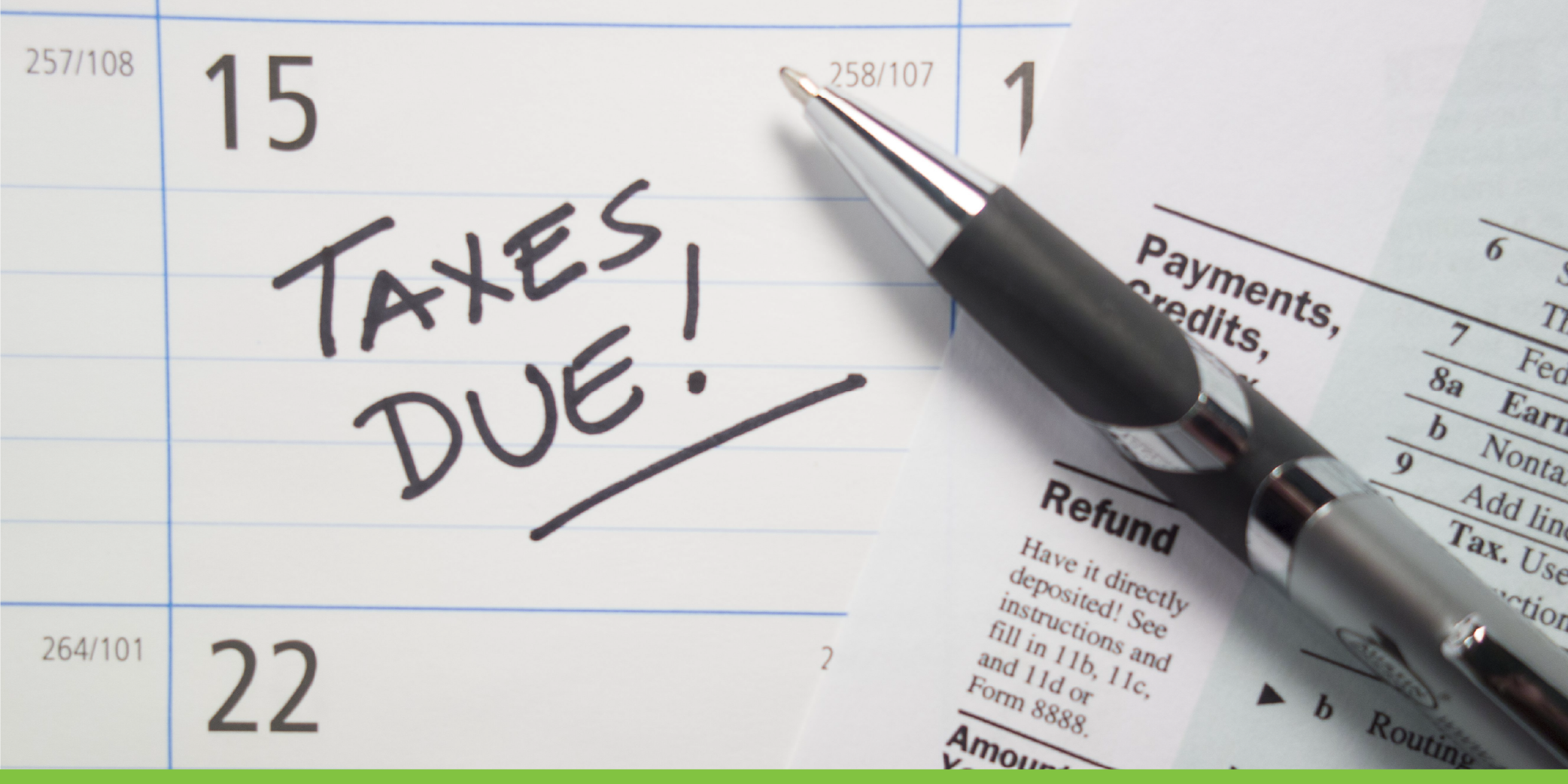


Disaster Recovery Planning for SMB’s is a lot like tax season. It takes time to curate a plan and there are certain steps that need to be followed. Yet, you shouldn’t dread DRaaS the way you might dread tax season. Find out why below:
Tax season is upon us, and it’s a great reminder to start thinking about disaster recovery planning. Just like how it’s unwise to procrastinate filing taxes until the last minute, it’s also a bad idea to delay making plans to protect and recover your business data. With the increasing prevalence of security breaches, equipment failure, and human error, it’s crucial to have a disaster recovery strategy in place.
If you’re a small business owner, it’s essential to invest in disaster recovery services for small businesses to ensure your critical data is safe. Consider using cloud disaster recovery services, including disaster recovery as a service (DRaaS) for AWS. This solution can help ensure that even if the worst happens, you won’t lose control of your critical business data. By having a cloud-based, monitored disaster recovery solution in place, you can keep your records secure and safeguard sensitive information.
Regular testing of your backup/disaster recovery system is also important. Similar to how you check your paystubs and bank statements to ensure accuracy, testing your disaster recovery system lets you know that your small business can restore your data and how long it will take you to get everything back up and operating.
Aligning your spending to your objectives is essential for budgeting and planning, both for personal finances and business operations. Having proper backup and fail-over systems can be expensive, as can the work it takes for your IT team to repair and restore your operating system after an incident. That’s why managed disaster recovery as a service is a great option to consider when it comes to small businesses because it offers dependable data protection at a fixed monthly cost, making it easier to budget and plan for your disaster recovery needs.
Finally, it’s important to know when to consult an expert regarding taxes and disaster recovery services for small businesses. Just like how a certified tax accountant can save you money and time, a disaster recovery expert can help you develop a plan that meets your organization’s unique needs. Working with a strategic partner capable of managing your recovery solution with the cost, technology, and methodology that aligns with your business objectives can benefit both your business and IT teams.
In conclusion, don’t wait until it’s too late to implement a disaster recovery strategy. By following these best practices, such as investing in disaster recovery services like cloud disaster recovery or DRaaS for AWS, testing your backup/disaster recovery system regularly, and aligning your spending to your objectives, you can ensure that your business is prepared for any unforeseen incidents.